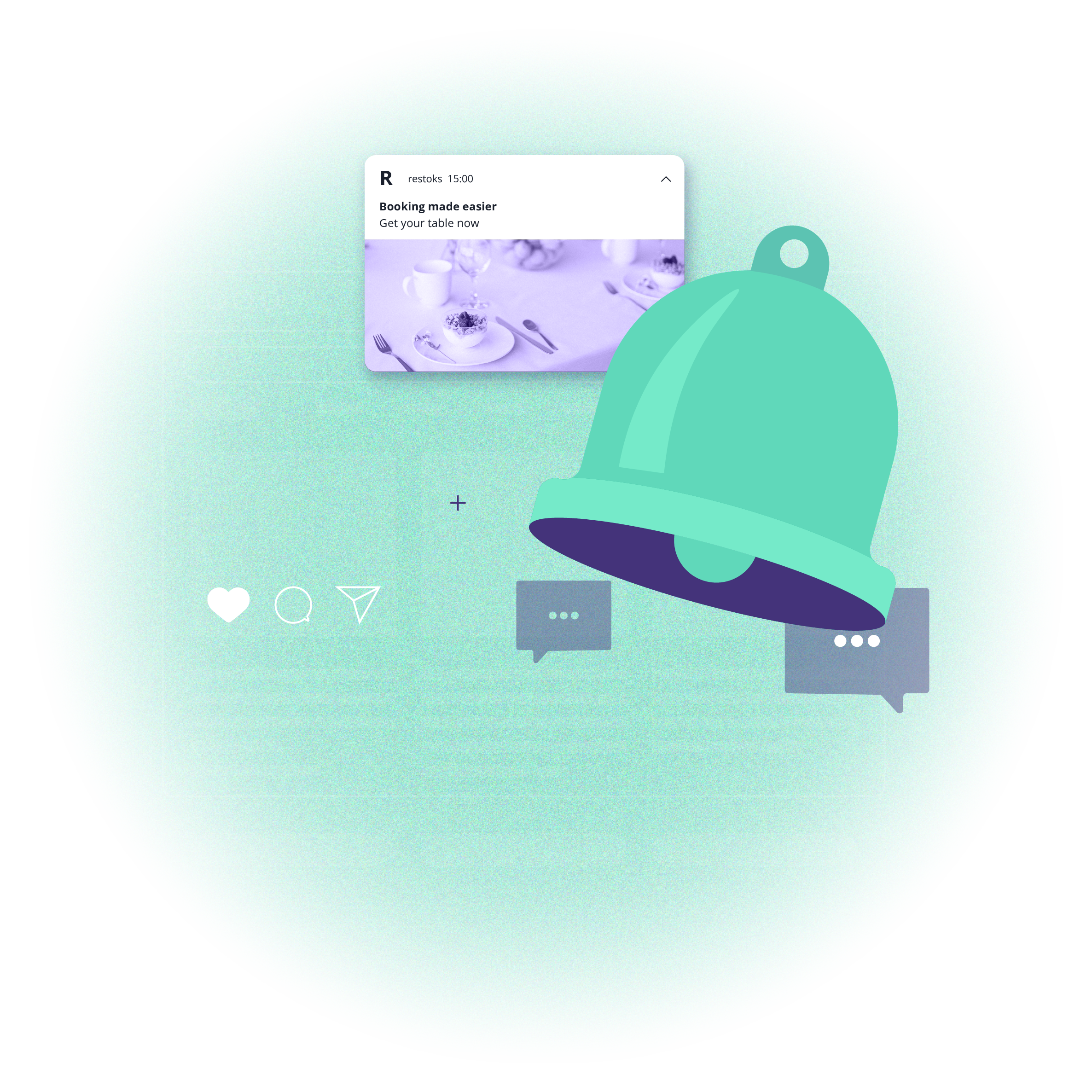5 strategies for how digital publishers can monetize their content
 Aleksandra Kozioł
Aleksandra Kozioł
Creating content is not necessarily a direct way of making money. However, it’s a good starting point – many profitable businesses started as a blog or an online publication. The more high-quality content you produce, the more recognizability you have, the bigger your potential to turn your content into a money-making machine. In this blog post, we are going to show you five universal ways of monetizing your content. It’s time to make your online activity profitable!
The story frequently starts with an idea to create content. You decide to start a blog, an online platform, or a magazine where people interested in a given topic or industry could find useful knowledge and advice. If you are good at what you’re doing, you do some marketing activities, and you are patient, your target audience shortly starts to grow. At some point, your online platform becomes really popular – there are thousands of regular visitors each month wanting to read more posts, articles, and newsletters. That’s a good moment to monetize all this traffic. How can you do that? There are at least five proven ways. Let’s start with the first one.
Offer services and online courses
Having a respected blog or a magazine means that people value your input. They visit your blog to broaden their knowledge and discover something new. Perhaps you already are a recognizable expert who’s frequently quoted in other publications. If that’s true in your case, you have two options. You can start offering services or start an online course.
Both these ways can be profitable, but both require a different approach. Providing services is a bit easier, as it requires less preparation. In fact, all you have to do is put appropriate information on your website and on social media channels. You can also use your newsletter to inform your target audience that you’ve started offering such services. If the industry is good, you can even start a company offering such services or create a paid tool for your customers. That’s what Neil Patel did. He’s a recognizable expert in the SEO sector. Right now, he offers paid access to a comprehensive SEO tool called Ubersuggest:

Image source: app.neilpatel.com/en/pricing
An online course is a different animal. For obvious reasons, you have to create one first. And it can take a lot of time, especially given that people expect high quality from you. For many online creators, developing a decent online course means months of hard work. But there is a significant upside. Such a course works for you 24/7, all year round. This means that you can create just one course and sell it to tens of thousands of people.
Here, Ben Collins is a good example. He’s a Google Developer and runs a blog about Google Sheets. Do you think it doesn’t seem like a good idea for a course? Well, in 2018, he generated $80,000 from his blog, so he’s got to be onto something. Some of his courses are available for free, while others are paid. Right now, his most expensive course costs $299.

Image source: The Collins School of Data
Turn free content into paid ebooks
That’s a related idea. Not everyone wants or has time to browse thousands of blog posts to get what they need. Putting these posts into ebooks that are available at a reasonable price seems like a good idea. Your customers save a lot of time – everything they need is contained in one PDF, and you make money on the content that you’ve already produced. If you want to go one step further, you can take each blog post that should be in a given ebook and enrich it with something new, maybe more up-to-date data or additional information.
For such ebooks to be successful, you have to take care of two things:
Make sure your ebooks are legible and well-organized. Don’t just put tens of different blog posts together. Create a fully-fledged ebook with a nice layout, table of contents, screens, and other visual aids.
Promote your ebooks. Explain to people why they are better than reading free blog posts on your website. Highlight the fact that they contain extended versions of your blog posts and that this way, your users can save a lot of time. And don’t go overboard with pricing. One ebook should cost less than 20 dollars.
Here’s an example of mini ebooks about mental health. They are available for free, but you can do something similar and offer your ebooks for a price.

Image source: Mental Health @ Home
Provide premium content
That’s what many online magazines do. Some publications and articles are available for free, and others are paid. That’s what Forbes does. Although the content available on their website is generally available for free, there are some sections that require payments. Their Forbes Investor newsletter is available for a monthly/annual subscription:

Image source: Forbes
Again, for this strategy to be effective, you have to offer high-end content so that your users feel like they spent their money well. Make sure to leave your best advice for this paid section of your website/newsletter.
Opt for ads, sponsored posts, and marketing campaigns
That’s probably the easiest way of making money from online content. You can offer valuable space on your website and sell it for cash. This way, you can introduce ads and sponsored posts on your website. Other online creators and companies might even want to conduct fully-fledged marketing campaigns on your website (if it’s recognizable enough).
You have to be cautious, though. People don’t like seeing too many ads. Think about quality and your readers. Don’t flood your website with ads promoting irrelevant products and services. This way, you will quickly lose your strong reputation and, as a result, readers. Each ad, each sponsored post, and each marketing campaign should be verified and accepted before publication. This way, you can ensure that your readers will be satisfied with what they see.
And when it comes to sponsored posts, remember to tag them appropriately and inform your readers why this post is relevant and beneficial, even though it was made for money. This way, your readers will feel more encouraged to read it.
Use web push
Lastly, we want to turn your attention to our product. Push notifications can be very helpful when it comes to bringing more traffic to your website. You can set notifications for your readers every time you publish a new blog post or a sponsored post. This way, your paid content gets yet another way of online promotion. Take a look at web push use cases in the publishing industry. Here’s a good example of how it could work:

You can use the same tactic to inform about sponsored/premium content and your new course or ebook. One of the greatest advantages of web push is that this strategy is extremely versatile. You can send notifications about virtually anything, provided it’s useful and interesting to your target audience.
Summary: Make money on your content!
Are you an online creator? Do you have knowledge that others appreciate and ask for? Then you should make money on that! In today’s world, it’s relatively easy if you already have a target audience of loyal readers. Find out what works best in your case and take the first step. And remember, even several hundred dollars a month is a solid passive income.

Content Specialist @PushPushGo
Editor and writer. She is interested in media and new technologies.
Try PushPushGo to engage and connect with your audience.
Create an account and start testing!





